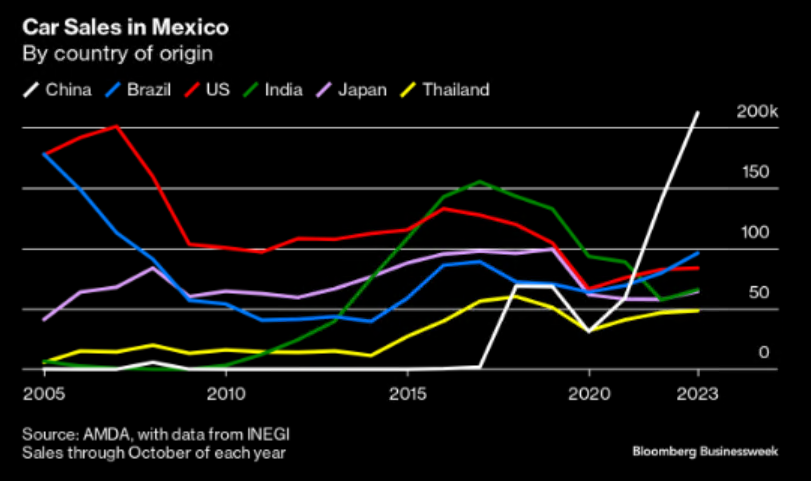Why do you repeat the redditor-YT thumbnail tier "China has built enough housing for 6 billion people" thing in that comment. Its a completely unserious claim that comes from no credible source or analysis, domesticaly or abroad and is diectly contradicted by any actual numbers of Chinese construction. Its for redditors to circlejerk over in the comments when watching some demolition video of high rises in China and pretend China has ovebuild by 100% or more. Latest vacancy numbers show that residential Vacancy rates are between 7 to 23% with an average of around 13%. Higher on low tier cities and lower in Tier 1 cities. There is overbuilding but if you wanna aim at a "healthy" 5% that means that China has overbuilt by 8% and thats some dead GDP of idk a 4 trillion over a decade or whatever. But again China still has a lot room to go in urbanization rates , especially now that growth is concentrated in tier 2 and bellow cities so unless you believe that China tops out at 65% urbanization rates - of which 20% are still not even full urban hukou holders, even that overbuilding isnt as definitive in the "will never be occupied and used" territory
You make these well thought out comments and analysis but you sometimes include something so non-credibly anti-china tabloid slop that it sours the whole thing . Do you actualy believe that like of 70% of all residential buildings in China right now are empty housing or some unfinished high rises?. Be real

First of all what classifies as a "property unit" ? 800M property units doesnt equal 800M housing units. Offices, stores, garages, hotels. Its anything really. The numbers im seeing are 400 million Housing Units in Urban ereas, less than half of the urban population, with 60 Million Empty/vaccant/mid construction, which lines up both with the vaccancy rates i mentioned and with 800M total property units. How many "housing units" does the proffessor claim there are in urban China and what is the vaccancy rate on them, and what if any chinese survey or source there is on those numbers if he actualy claims them ?
Im trying to use Chinese sources at best i can but nothing seems to agree with anything close to 800 M urban housing units at 30+% Vacancy rates . Survey and Research Center for China Household Finance has total urban vacancy rates plateuing at ~20% of 300+M housing units in 2017. More recent surveys like this point out at decreasing vaccancy rates that now sit more in line with the numbers i mentioned. This includes housing units that are vacant for more than 3 months and excludes unfinished units. The numbers should be 2-3% higher than this but still that puts it comfortably bellow 20% overall as of now.
At worst urban overbuilding doesnt seem to go above 10% of tottal units build compared to most mature economies